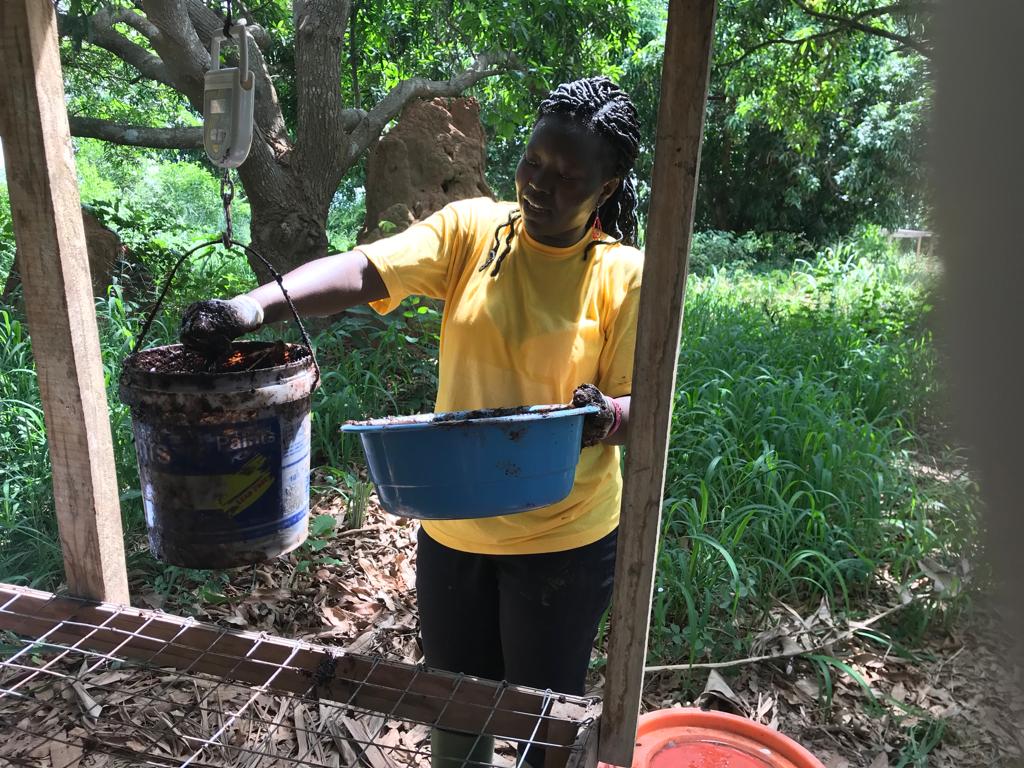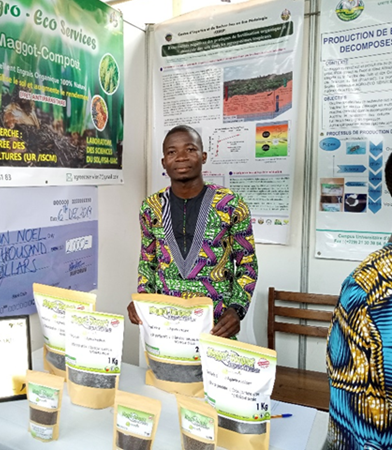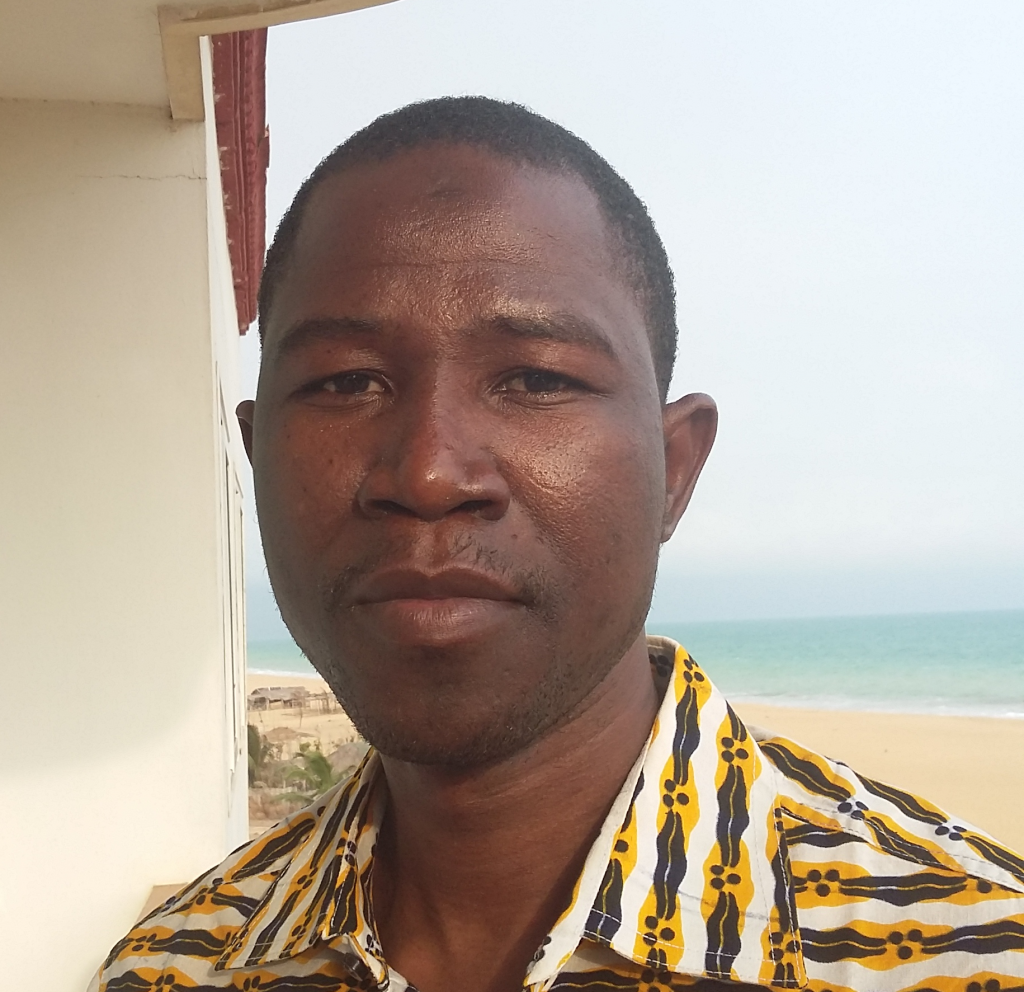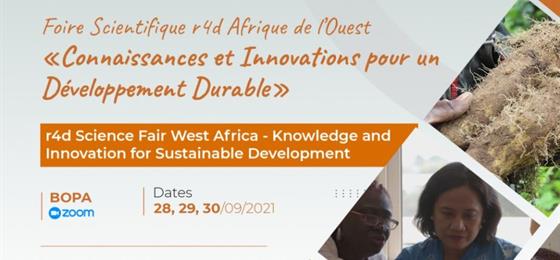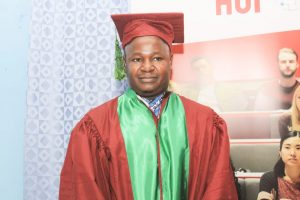Our project ended at the end of 2021 and our final report has been accepted and appreciated by the donors. It is available here and in the project outputs’ page, together with our -so far- 49 publications in peer-review and over 30 other publications and dissemination documents and videos.
However, we are still very busy. Firstly, we still have over 20 scientific papers to publish and 5 PhD theses to defend. Secondly, we are still organizing dissemination and training events. And, finally, we still hope to develop new projects on IFWA since there is still so much to discover, improve and develop on the topic of insects as feed in West Africa. People and organizations interested in the topic can contact us at m.kenis@cabi.org

